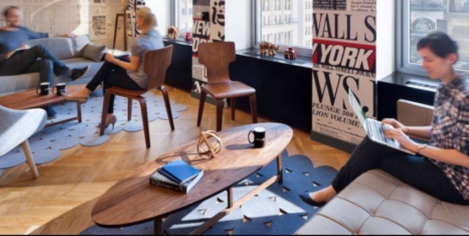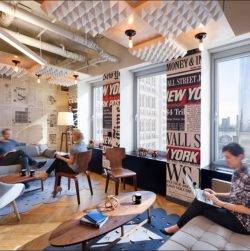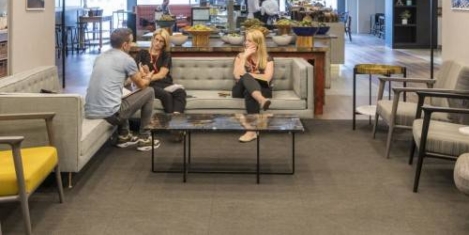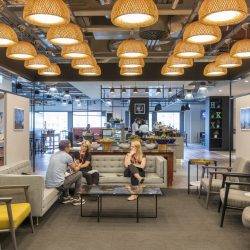January 21, 2019
What we have wrong about why some companies are more successful than others
 New research published in the Strategic Management Journal suggests a firm’s competitive advantage can last more than three times as long as previously believed. INSEAD Assistant Professor of Strategy Phebo Wibbens found that companies with “higher-order” resources can greatly outlast their competitors. Traditionally, strategy experts have focused on a firm’s operating resources – assets and capabilities that directly affect profit – when analysing its competitive advantage. Based on that assumption, high-performing firms were believed to have a run of success lasting on average about five years. But as IKEA, Apple and other firms have shown, a much longer period of success is available to some companies.
New research published in the Strategic Management Journal suggests a firm’s competitive advantage can last more than three times as long as previously believed. INSEAD Assistant Professor of Strategy Phebo Wibbens found that companies with “higher-order” resources can greatly outlast their competitors. Traditionally, strategy experts have focused on a firm’s operating resources – assets and capabilities that directly affect profit – when analysing its competitive advantage. Based on that assumption, high-performing firms were believed to have a run of success lasting on average about five years. But as IKEA, Apple and other firms have shown, a much longer period of success is available to some companies.























 The European property sector is predicted to grow next year, according to CBRE’s 2019 EMEA Market Outlook report. Although recent indicators suggest some slowing of momentum economic growth in Europe will remain above-trend rate in 2019 and 2020, with Spain, Ireland and the central European countries expected to see the fastest economic growth. France’s growth is expected to accelerate as recent economic reforms begin to pay off; however, UK growth is expected to remain below-trend, but with better long-term potential once the current uncertainty around Brexit passes. Office markets around the region are expected to see positive growth in leasing levels in 2019. However, major European cities, including Paris, Berlin, Stockholm and London, are expected to see lower levels of employment growth in office-using sectors.
The European property sector is predicted to grow next year, according to CBRE’s 2019 EMEA Market Outlook report. Although recent indicators suggest some slowing of momentum economic growth in Europe will remain above-trend rate in 2019 and 2020, with Spain, Ireland and the central European countries expected to see the fastest economic growth. France’s growth is expected to accelerate as recent economic reforms begin to pay off; however, UK growth is expected to remain below-trend, but with better long-term potential once the current uncertainty around Brexit passes. Office markets around the region are expected to see positive growth in leasing levels in 2019. However, major European cities, including Paris, Berlin, Stockholm and London, are expected to see lower levels of employment growth in office-using sectors. 












January 14, 2019
Tackling mental ill health in the workplace requires changes at the top
by Patrick Watt • Comment, Wellbeing, Workplace
(more…)